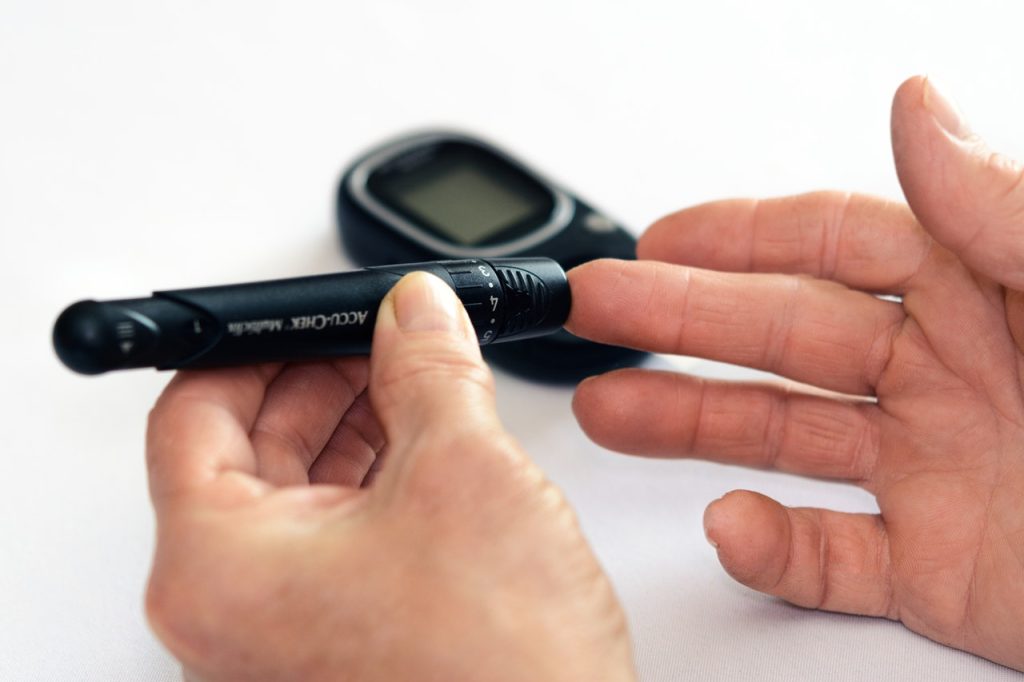
As many as 37.3 million Americans were living with diabetes as recently as 2019, including many unaware of their condition. For residents of Albuquerque, New Mexico, Sharon Schaaf offers screening, preventive care, and treatment for diabetes at Mountain Desert Health. Book a visit online or call the office today to check appointment availability.
Request an AppointmentWhat is diabetes?
Diabetes is a chronic disease in which your body cannot properly convert food into energy. To understand how diabetes affects your health, it helps to think about what happens after every meal.
When you eat or drink, your body converts a portion of that food into glucose, a type of sugar. Glucose travels through your bloodstream to nourish and fuel cells throughout your body. For glucose to enter those cells, a hormone called insulin must be present.
Your pancreas produces insulin. In people with type 1 diabetes, an autoimmune condition prevents regular insulin production, and they require supplemental insulin for survival.
People with type 2 diabetes still make their own insulin, but they either cannot produce sufficient levels or make use of the insulin they produce.
What are the health risks of diabetes?
Diabetes not only deprives your cells of the fuel they need to thrive but also leads to a buildup of glucose within your bloodstream. Researchers link a wide range of health issues to diabetes.
Some of the health problems you might develop when you have diabetes include:
- Stroke
- Heart attack
- Vision and eye health problems
- Sexual dysfunction
- Depression
- Neuropathy
- Kidney disease
- Certain types of cancer
This is far from a complete list. Living with diabetes increases your risk of numerous health problems, and unmanaged diabetes raises your risk level even higher.
What are some treatment options for diabetes?
There are many ways to treat diabetes. After completing a thorough assessment of your health and blood sugar, Dr. Schaaf works with you to create a treatment plan that aligns with your needs and lifestyle.
Medication can help manage diabetes. Some drugs help your body produce more insulin, while others make your tissues more sensitive to insulin. There are also drugs that change how your body digests food to reduce glucose in your system.
Many people with diabetes require supplemental insulin, which is available via self-injection, inhalers, and pumps. Learning how to monitor your blood sugar at home is an essential aspect of insulin therapy.
Improving your diet, getting plenty of exercise, and managing your weight also help manage diabetes. These efforts can help you feel better every day, making it easier to sustain new habits.
To learn more about diabetes screening and care, book a visit at Mountain Desert Health online or by phone today.
